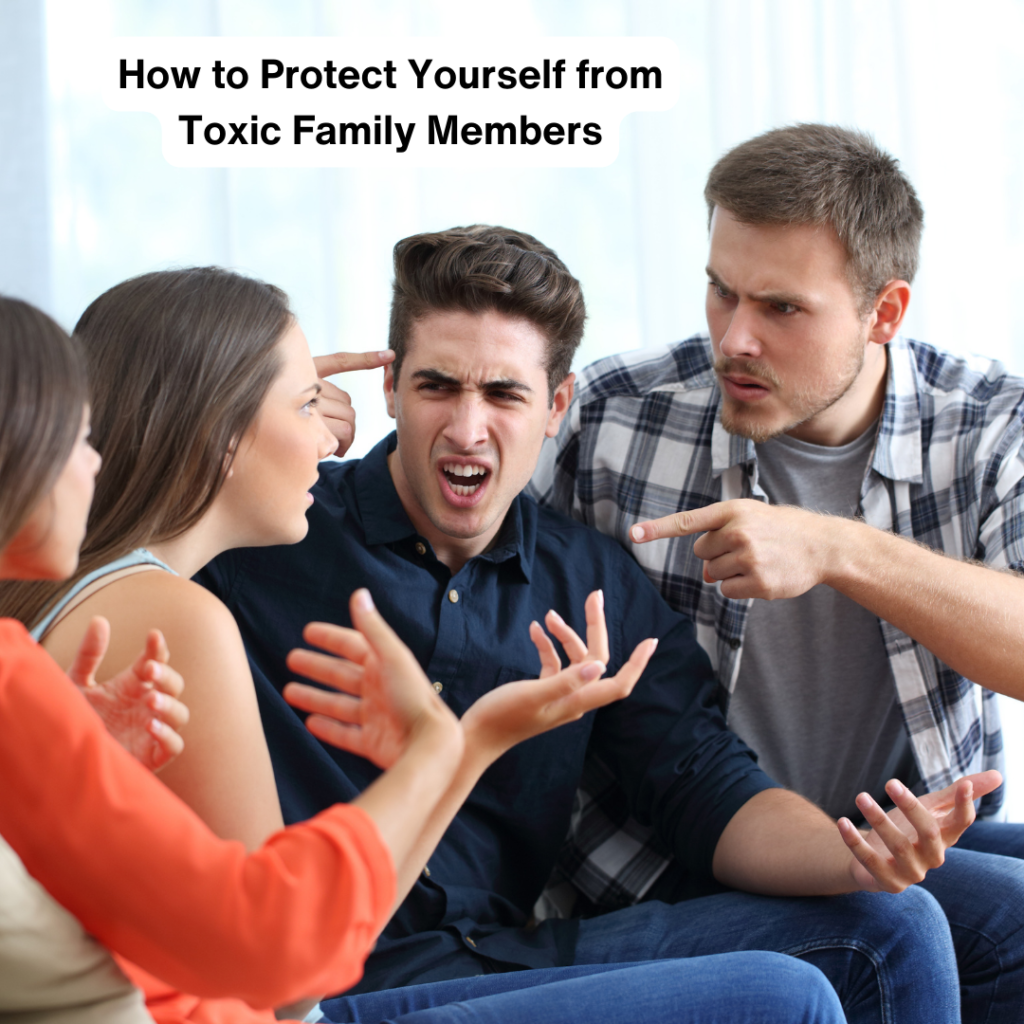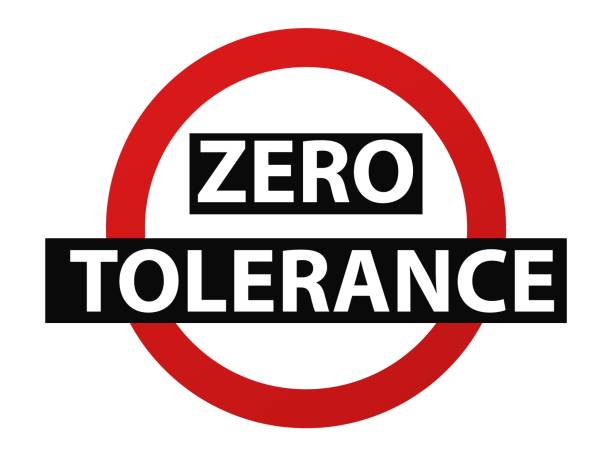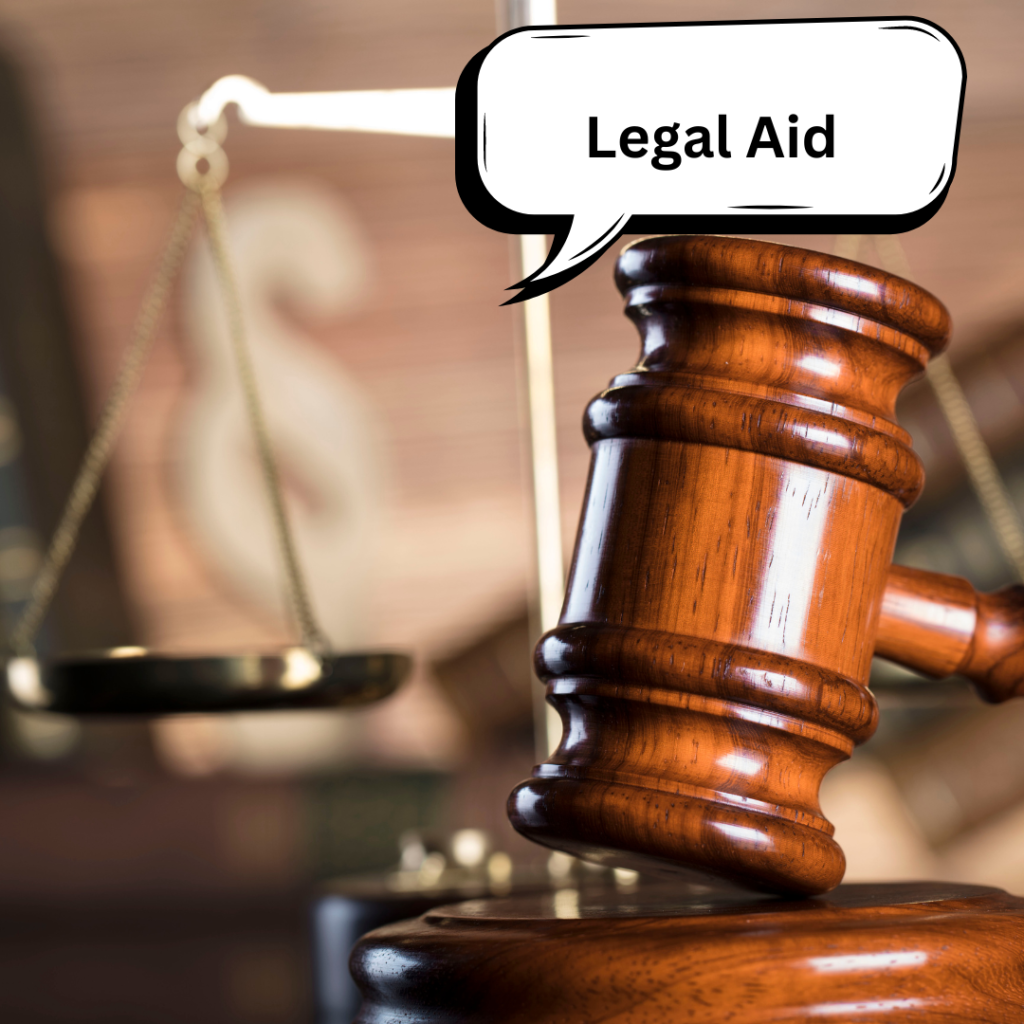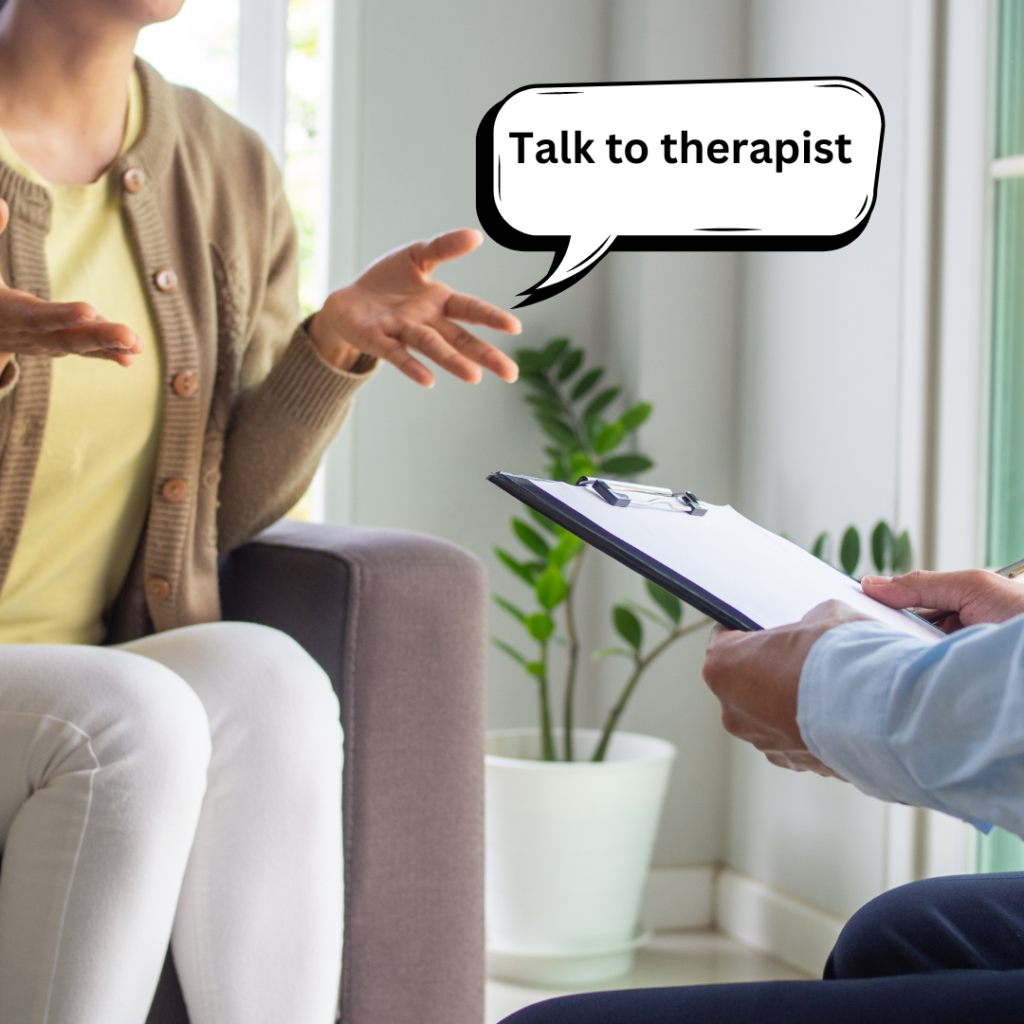
Managing relationships with toxic family members can be frustrating and damaging to your mental health. It’s vital to know how essential it is to maintain your mental health, and there are certain strategies you may use to protect yourself from the damaging consequences of unhealthy relationships. The practical ways of resolving toxic family dynamics are discussed in this article, with a focus on emotional support, personal limits, and legal protection.
Establish Zero Tolerance Boundaries

It is important to set zero-tolerance boundaries when you are living with a toxic family member. You have to communicate these boundaries and what behavior you will accept and will not tolerate. If a toxic family member tries to cross the boundary and behave abusively, you can consider this as zero tolerance and block communication with them. Without any delay, keep your distance from such people, communicate clearly with them, respect them fully, and decide to cut off.
Choose your battles wisely

Not every family conflict requires your involvement. Don’t waste your energy on trivial fights that don’t matter Keep yourself away from the world of waste and do not keep any kind of involvement in the fight of toxic family members, by doing this you will keep yourself away from the challenges of your mental health and your sanity will remain intact.
See if you can get help from Legal Aid

When a toxic family member’s behavior goes beyond limits, when abuse occurs, there is a need to take legal action. Legal protection varies by region, but many legal systems help provide remedies against domestic abuse, harassment, or any violence. If you seek the help of legal professionals at the right time, you will be informed about the restraining orders to help you avoid any further harm.
Show Up to Therapy

Visit a therapist who can give you information on how to deal with a toxic family member or make you learn coping techniques. You can share your issues without hesitation with your therapist because they are unbiased and their perspective is quite neutral, and they make you understand in detail the complexities of your toxic relationships based on which it becomes easy to set boundaries or take any further steps if gets even worse.
Educate Yourself and Seek Support
Understanding how to get the most out of toxic relationships can be really helpful. Books, articles, and workshops about emotional abuse and psychological manipulation are among the resources that might offer guidance on identifying and managing toxic behaviors. Furthermore, asking for help from communities or discussion boards where people have gone through comparable things can be a source of consolation, empathy, and useful guidance.
Communication Tactics
When you do need to communicate, choose the most appropriate method, whether it’s face-to-face, over the phone, or digitally, especially if safety is a concern. In volatile situations, prioritizing your safety is key
Support Systems
Maintain connections with friends and non-toxic family members who can offer support and a fresh perspective on your situation. These relationships can provide emotional support and advice, helping you feel less isolated.
Conclusion
Dealing with toxic family members requires a combination of assertiveness, emotional detachment, legal action when necessary, and psychological support. By establishing firm boundaries, seeking appropriate legal and professional help, and engaging in self-education and community support, you can protect your mental health and navigate these challenging relationships more effectively. Remember, prioritizing your well-being is not only necessary—it’s your right.
Understanding the broader implications of a toxic family environment can also enhance your coping strategies. For a deeper dive into how these dynamics affect family life, you might find it helpful to refer to my previous blog, “How Toxic Family Culture Impacts A Family – Complete Guidance”. This piece explores the pervasive effects of toxicity within family units and offers comprehensive guidance on addressing and understanding these issues.